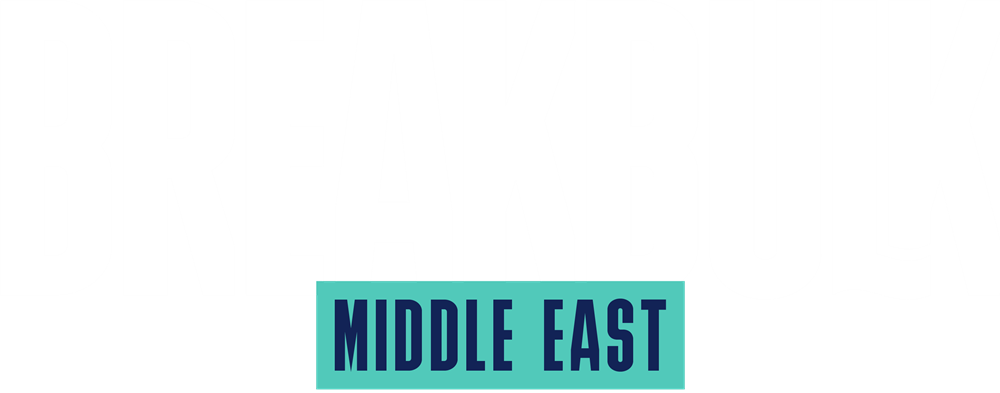Breakbulk Visits High-Tech Facility in Dubai
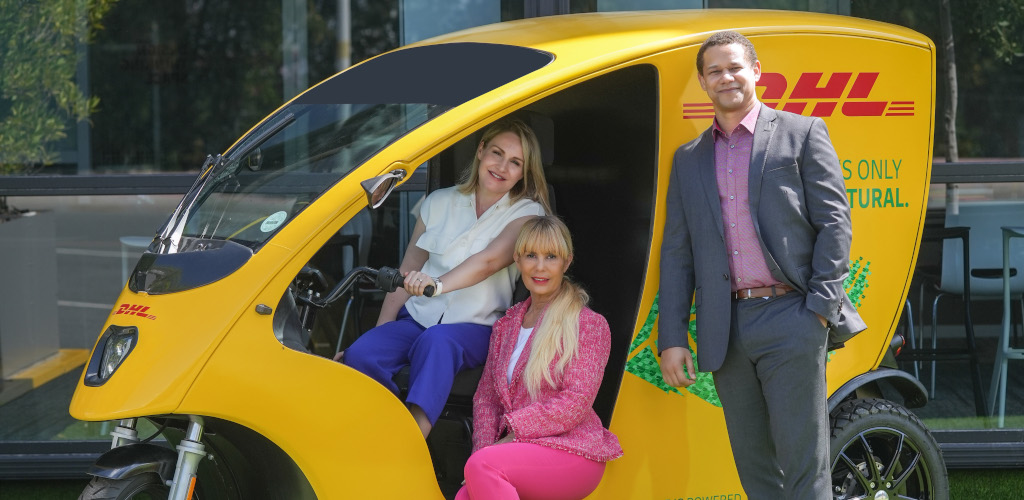 By Simon West
By Simon West
From Issue 3, 2024 of Breakbulk Magazine.
(4-min read)
Breakbulk was delighted to receive a recent invitation to tour the DHL Middle East and Africa (MEA) Innovation Center in Dubai. The 450-square-meter high-tech space was launched in 2021 to support the Emirate’s ambitions to be a leading logistics hub for the region, and is one of four such facilities run by DHL – the others are located in Singapore, Chicago and Cologne in Germany – that are spearheading the future of logistics and pushing the boundaries of customer-centric innovation across the world.
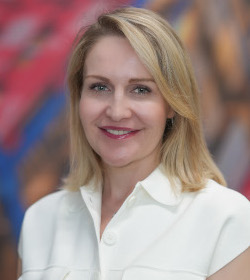 Our guide for the day was Irina Albanese, head of the DHL MEA Innovation Center and a tireless champion of green solutions and innovative technologies that reduce carbon emissions across the logistics supply chain. “We try to be that place where we bring people together – academia, our partners, our customers. We believe that supply chains play a pivotal role in driving sustainability.”
Our guide for the day was Irina Albanese, head of the DHL MEA Innovation Center and a tireless champion of green solutions and innovative technologies that reduce carbon emissions across the logistics supply chain. “We try to be that place where we bring people together – academia, our partners, our customers. We believe that supply chains play a pivotal role in driving sustainability.”
Albanese pointed to advances in electrification as a key “lever” in decarbonizing transportation. “There is a lot of discussion about what makes sense for heavier weights – are we looking at electric or hydrogen? And actually we’re looking at both. Hydrogen is probably going to be more relevant for industrial projects, and we’re investing heavily in partnerships with producers of the first hydrogen trucks. We do have hydrogen trucks on the road and here in the Middle East we already have our big electric trucks as well.”
One of the facility’s fundamental goals is improving supply chain optimization. Arnoud Dekkers, head of business development for DHL Industrial Projects Middle East & Africa, explained how a container management software (CMS) tool within DHL’s material management system has been deployed for client SABIC to enhance efficiency and cut costs when moving materials and equipment.
“With the SABIC project (in Saudi Arabia), there are not only container movements but a number of project logistics cargoes that need to be moved. We were originally using Excel as a platform where we would capture all the information regarding the container numbers, storage details, detention and other factors. The number of Excel sheets just became inundated! So our in-house developers built the container management software, which has optimized our supply chain.
According to Dekkers, the CMS oversees the entire container lifecycle, from arrival in ports to the job site then back again as an empty container. The CMS can also be integrated with DHL’s cargo planner tool to maximize space utilization and minimize transport costs. “So by leveraging technological advances within DHL, we have been able to progress sustainability as well as operational excellence in delivering for our clients.”
Digital solutions stand poised to revolutionize project logistics, offering unprecedented opportunities for efficiency, optimization and innovation. AI-driven computer vision systems, for example, allow computers to “see and understand” vast quantities of data that normal operators may not see. Albanese used the example of how the technology could be deployed to analyze video feed from security cameras.
“We have an algorithm trained to pick up any abnormalities and give us instructions if something is going wrong. Sometimes the human eye will not be able to pick up nuances, for example, during the loading or unloading of cargo. If we train our AI algorithms, they can pick it up from that video feed earlier than humans and give us those instructions. We already apply those models in health and safety. Our next aspiration is to work with our partner start-up companies in that field to really develop the solutions for industrial projects.”
_1.jpg) Dekkers explained how AI-computer vision was being deployed to enable drones, or unmanned aerial vehicles, to autonomously identify objects and obstacles during the transport of cargo, optimizing delivery routes and enhancing operational efficiency. In Dubai, Dekkers showed us an ordinary drone that had been equipped with cameras and sensors.
Dekkers explained how AI-computer vision was being deployed to enable drones, or unmanned aerial vehicles, to autonomously identify objects and obstacles during the transport of cargo, optimizing delivery routes and enhancing operational efficiency. In Dubai, Dekkers showed us an ordinary drone that had been equipped with cameras and sensors.
“With the involvement of computer vision and AI, it can review assets, review personnel and support us in the execution of industrial projects. It gives us another level of risk mitigation when you have this technology as an overarching support. But at the same time it allows for remote working. For example, if you are moving an 80-ton transformer in an isolated location.
"You can put a drone in the air, then in a remote place such as an office, you have health and safety experts or logistics professionals who are looking at real-time information of what the drone is seeing, which is then relayed back to the office space. You can then align within the team to ensure the safe execution of a project.”
DHL Global Forwarding’s Industrial Projects division is a regular exhibitor at Breakbulk’s three global industry events in Rotterdam, Houston and Dubai.
The next event in the calendar is Breakbulk Americas 2024 on 15-17 October.
TOP PHOTO: Irina Albanese, Breakbulk’s Leslie Meredith and Arnoud Dekkers at the DHL Innovation Center. CREDIT: Hyve
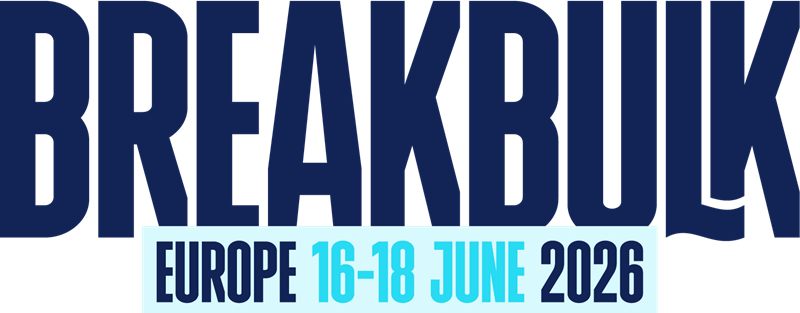

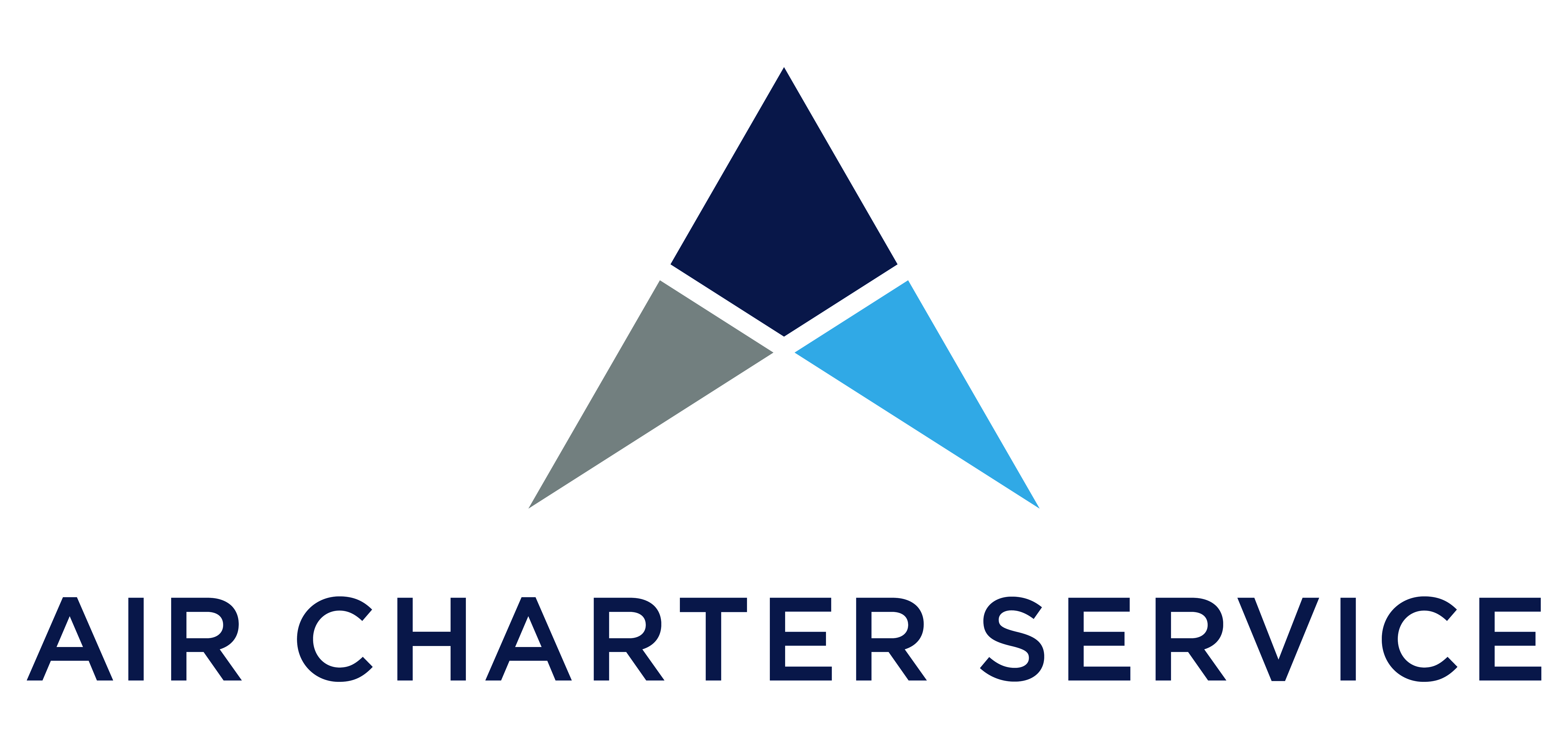


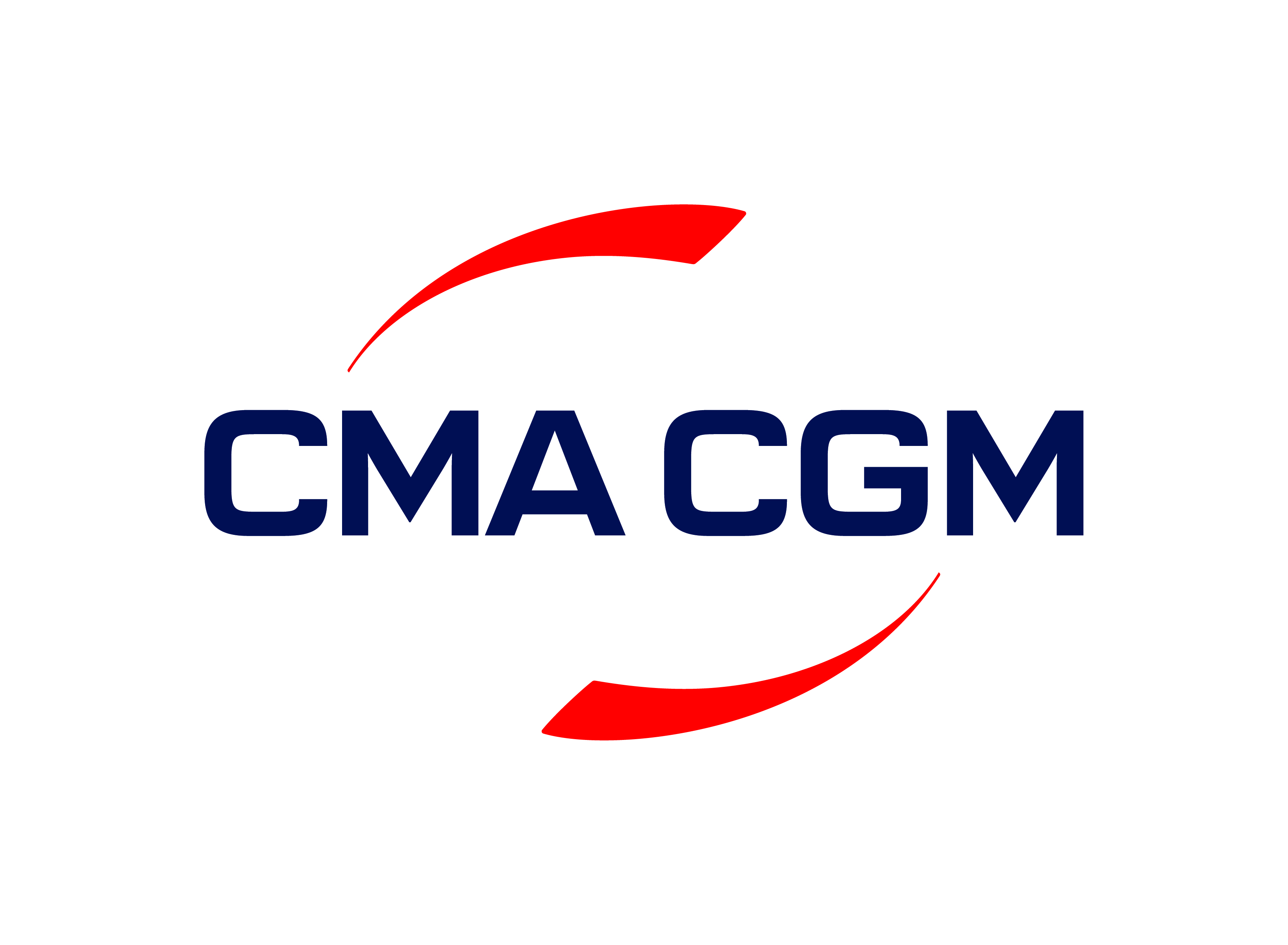
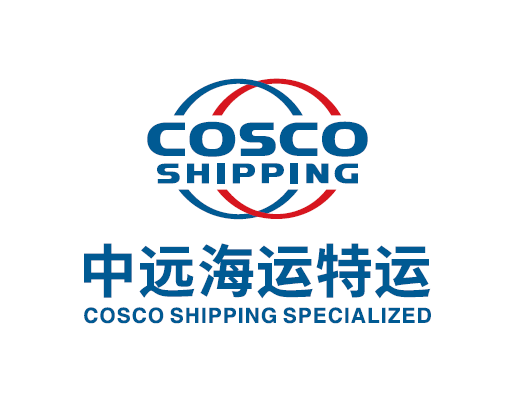
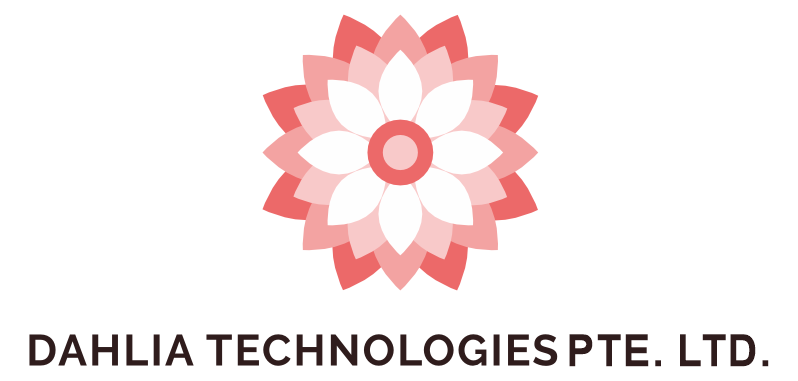
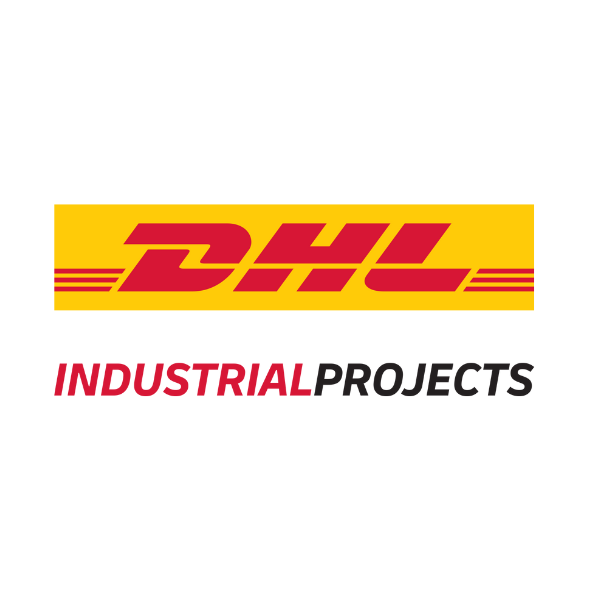
.png?ext=.png)

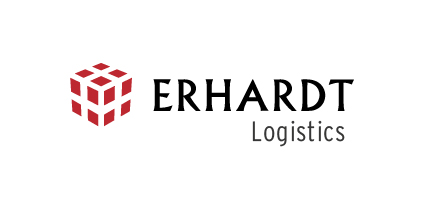

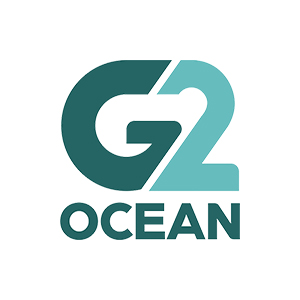
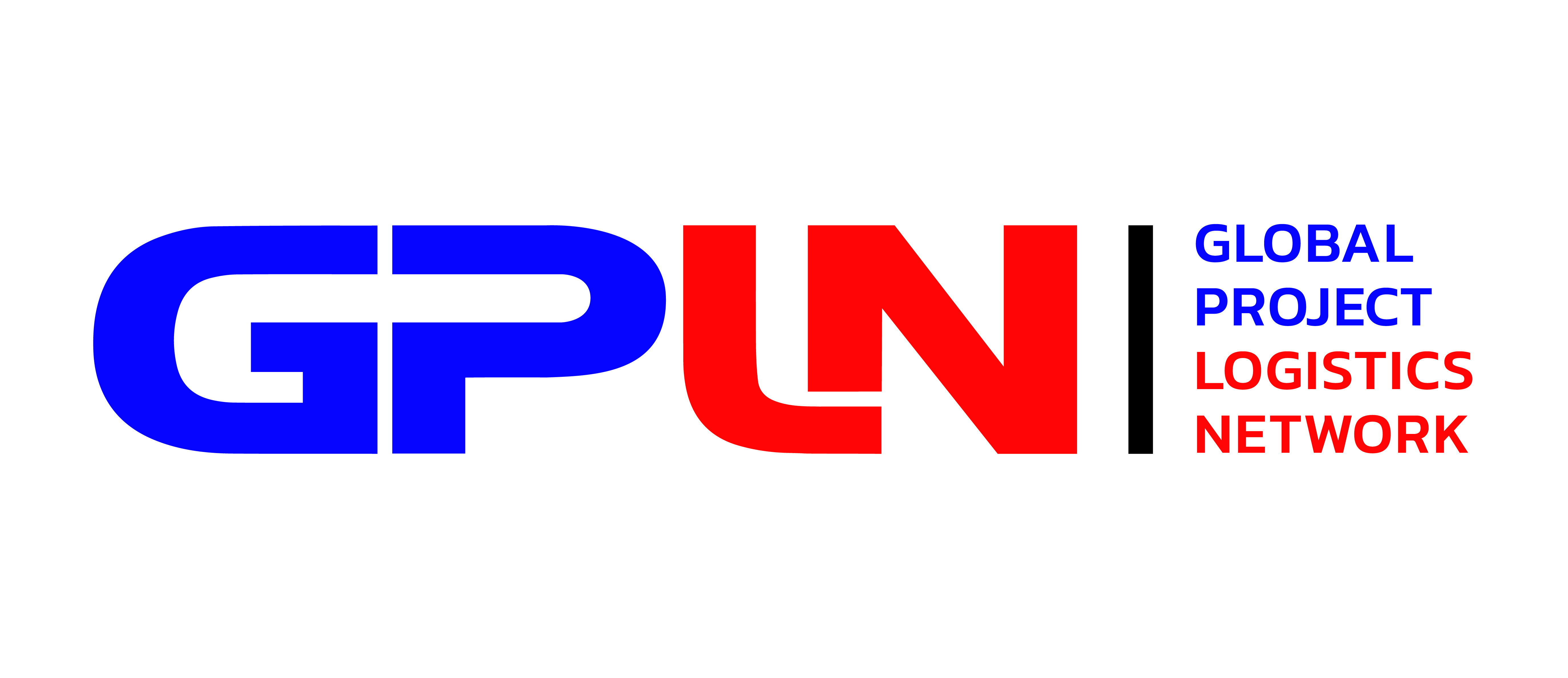


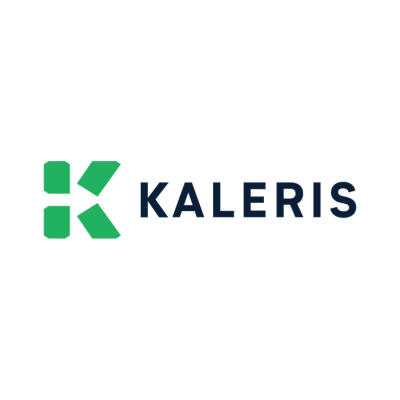
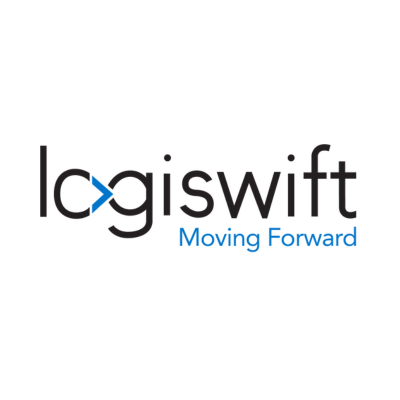
.png?ext=.png)
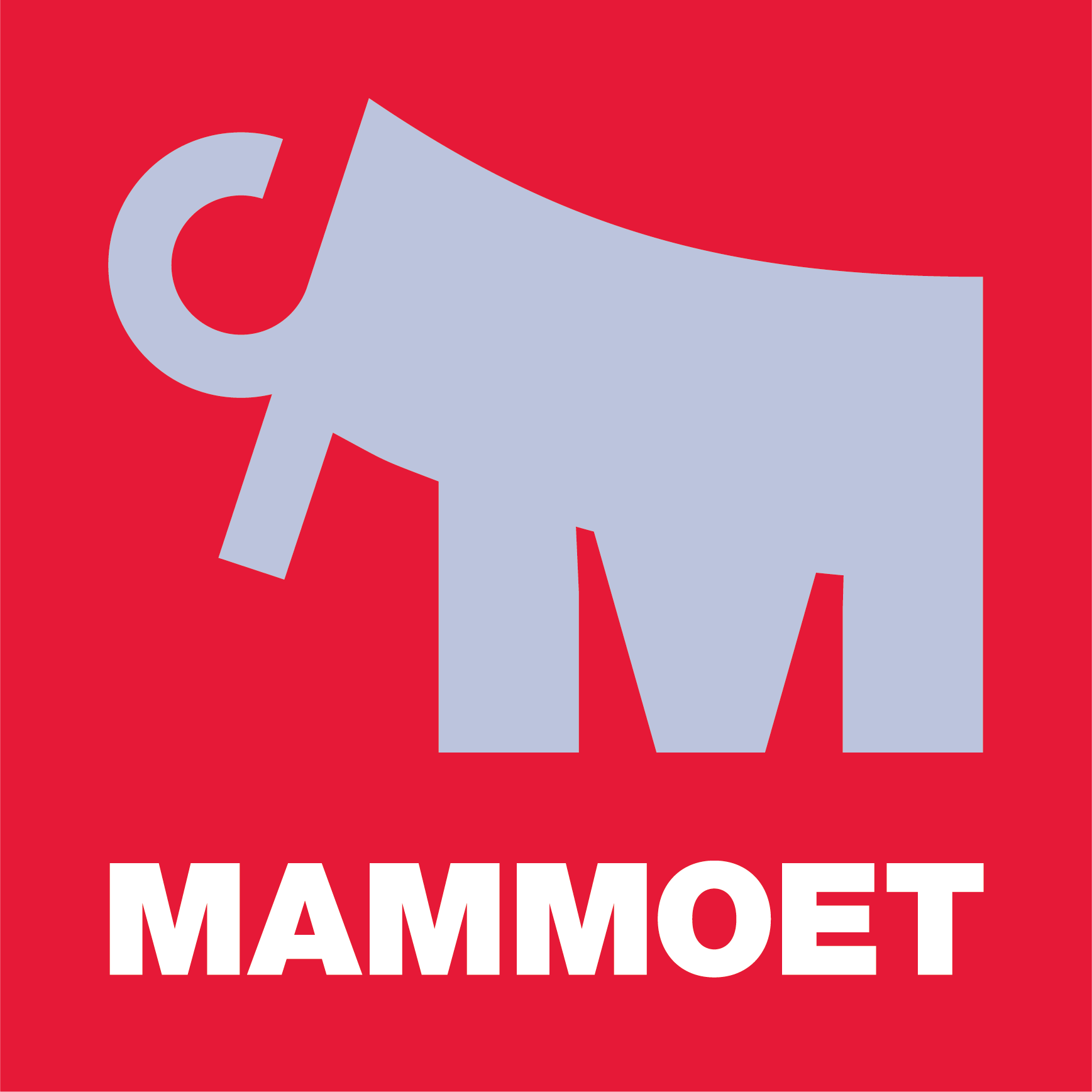

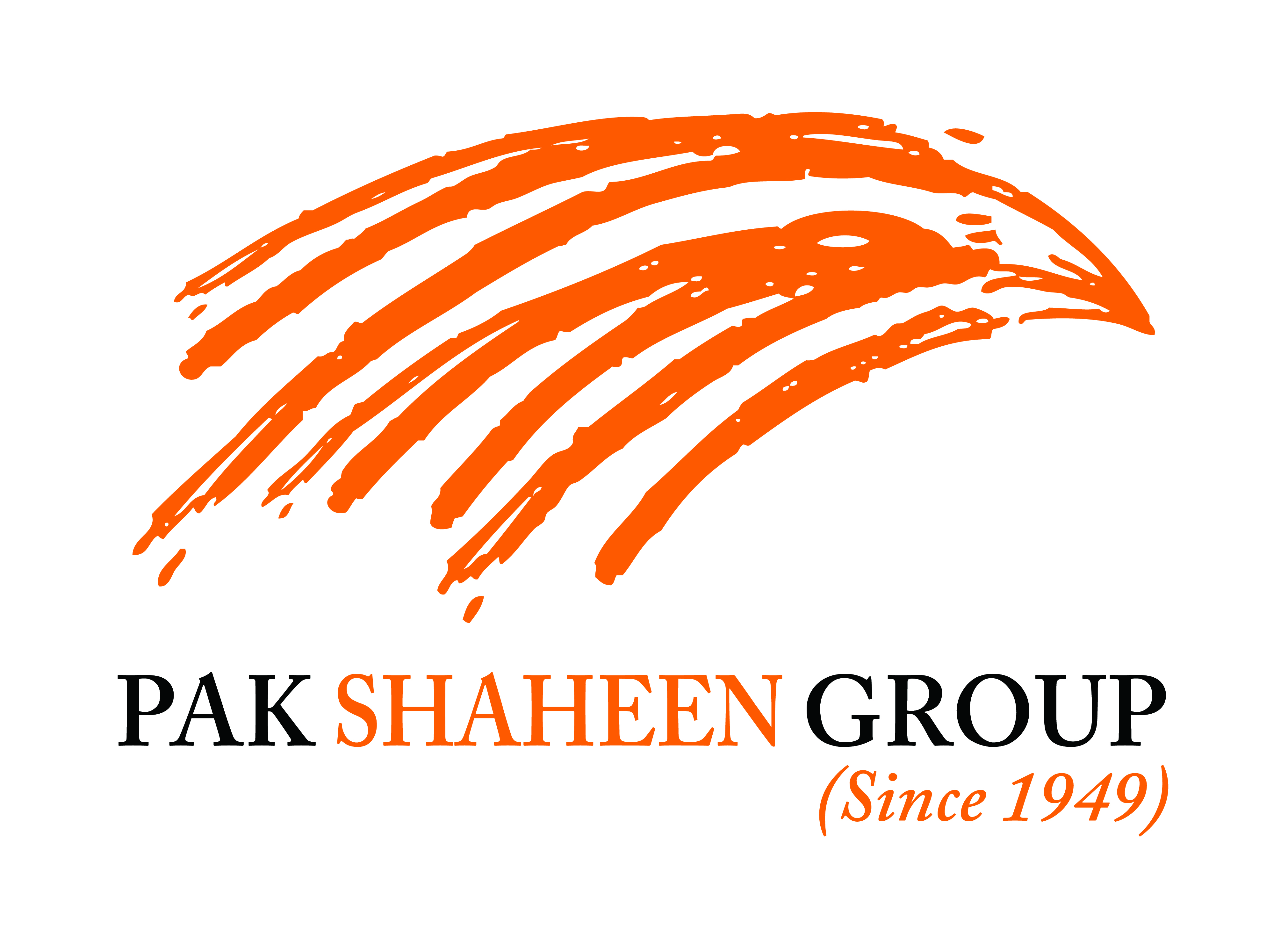

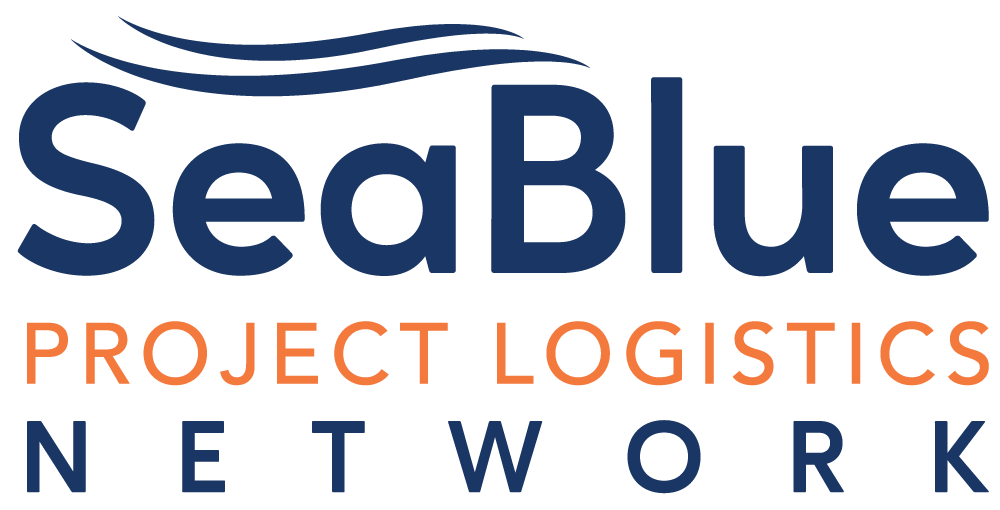

.png?ext=.png)


